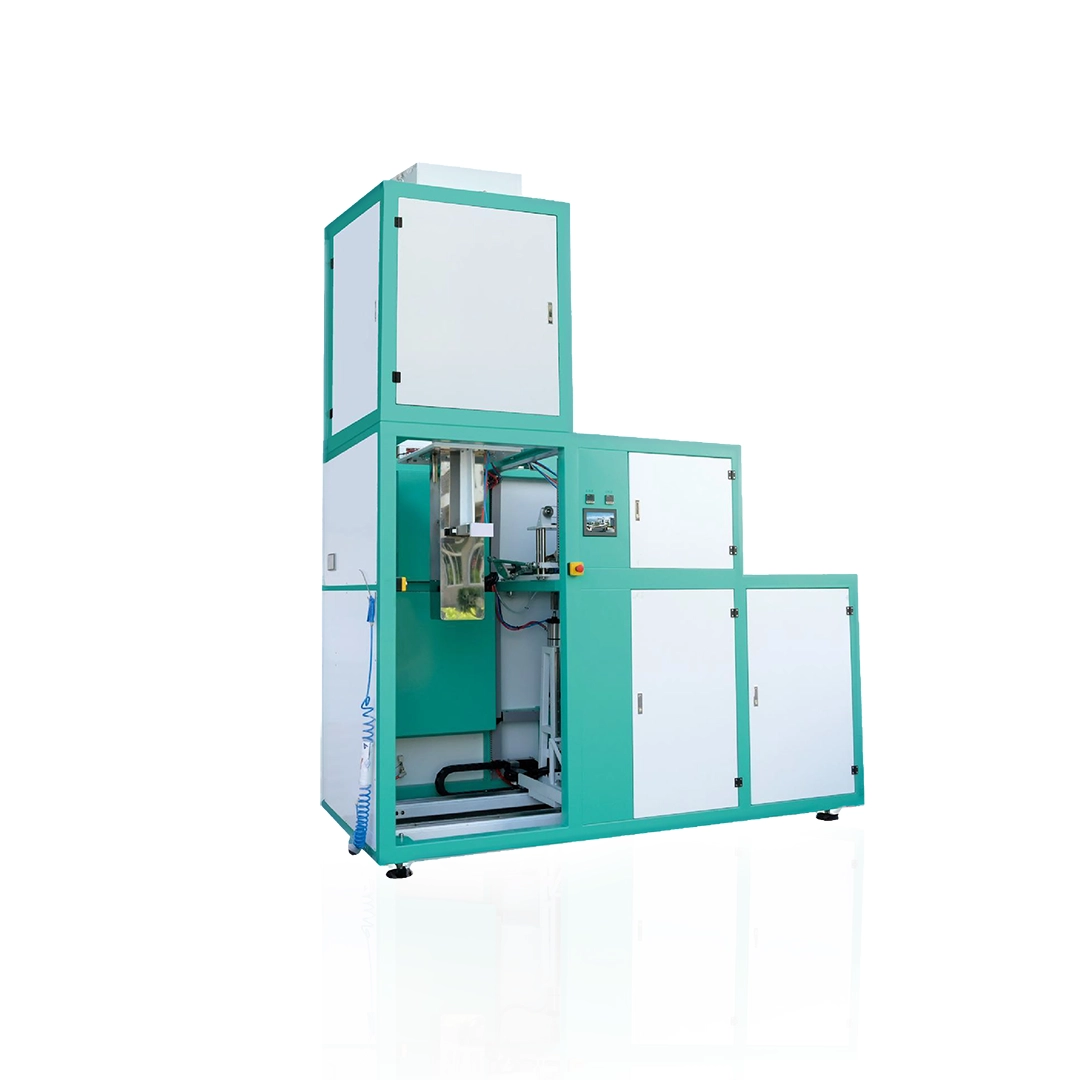Description
In today’s fast-paced world, where food safety, quality, and efficiency are paramount, the packing machine has become an indispensable tool in the food processing industry. These machines not only streamline the packing process but also ensure that the food products reach consumers in the best possible condition. Let’s delve into the critical aspects of how packing machines are transforming the food processing sector.
Understanding the Basics of a Packing Machine
A packing machine is a device designed to automate the packing of various food products, from solid items like snacks and grains to liquids like sauces and beverages. These machines handle different packaging materials such as plastic, glass, and aluminum, ensuring that food products are securely packed and preserved.
The types of packing machines vary widely depending on the food product. For example, vacuum packing machines are ideal for preserving perishable items like meat and cheese by removing air from the package, thereby extending shelf life. On the other hand, vertical form fill seal machines are commonly used for packaging snacks and cereals in flexible bags.
The Evolution of Packing Machines in the Food Industry
The packing machine in food processing has undergone significant evolution over the decades. Early packing methods were manual, labor-intensive, and prone to errors. With advancements in technology, the industry witnessed the advent of semi-automatic machines, which were a game-changer at the time. However, the real revolution came with the development of fully automated packing machines.
Modern packing machines are equipped with sophisticated sensors, computer controls, and robotics, allowing for high-speed operation, precision, and minimal human intervention. These machines are capable of handling multiple packaging formats, from pouches to cartons, and can adapt quickly to different product sizes and types, making them versatile tools in food processing plants.
Key Features of Modern Packing Machines
Automation and Precision
Modern packing machines are highly automated, reducing the need for manual labor and minimizing the risk of human error. They use advanced sensors and control systems to ensure that every package is filled accurately, sealed properly, and labeled correctly. This level of precision is crucial in maintaining the quality and safety of food products.
Speed and Efficiency
Speed is a critical factor in food processing, and modern packing machines do not disappoint. They are designed to operate at high speeds, handling large volumes of products in a short time. This not only increases the throughput of food processing plants but also ensures that products are packed quickly after processing, preserving their freshness.
Versatility
Packing machines today are highly versatile, capable of handling a wide range of products and packaging materials. Whether it’s packing liquid sauces in bottles or dry snacks in pouches, these machines can be adjusted to suit the specific needs of the product, offering flexibility that was unimaginable in the past.
Hygiene and Safety Standards
Food safety is a top priority in the food processing industry, and modern packing machines are designed with this in mind. They are constructed using food-grade materials and are easy to clean, reducing the risk of contamination. Additionally, many machines are equipped with features like tamper-evident seals and modified atmosphere packaging (MAP) to further enhance product safety.
Benefits of Using a Packing Machine in Food Processing
Enhanced Product Shelf Life
One of the most significant advantages of using packing machines in food processing is the extended shelf life they provide. By ensuring that products are sealed tightly and protected from external contaminants, packing machines help maintain the freshness and quality of food products for a longer period.
Reduced Waste
Packing machines contribute to reducing waste in food processing plants. Precise filling and sealing reduce the chances of product spillage and wastage. Furthermore, many modern packing machines are designed to use packaging materials efficiently, minimizing the amount of waste generated.
Improved Product Consistency
Consistency is key in the food industry, where consumers expect the same quality and quantity in every package. Packing machines ensure that each package contains the exact amount of product, maintaining uniformity across all units. This consistency helps build brand trust and customer satisfaction.
Cost Efficiency
While the initial investment in packing machines may be high, the long-term cost savings are significant. Automated packing machines reduce the need for manual labor, decrease product waste, and increase production efficiency, leading to lower operational costs.
Conclusion
The packing machine in food processing is not just a piece of equipment; it is a crucial component that enhances efficiency, safety, and sustainability in the industry. As technology continues to advance, packing machines will become even more integral to the food processing sector, offering new possibilities for innovation and improvement.





There are no reviews yet.